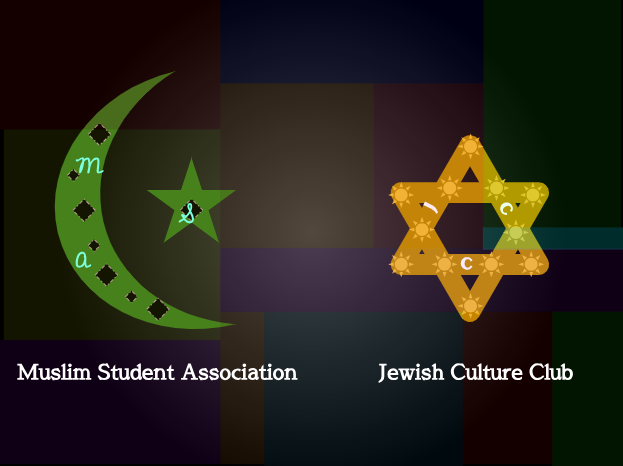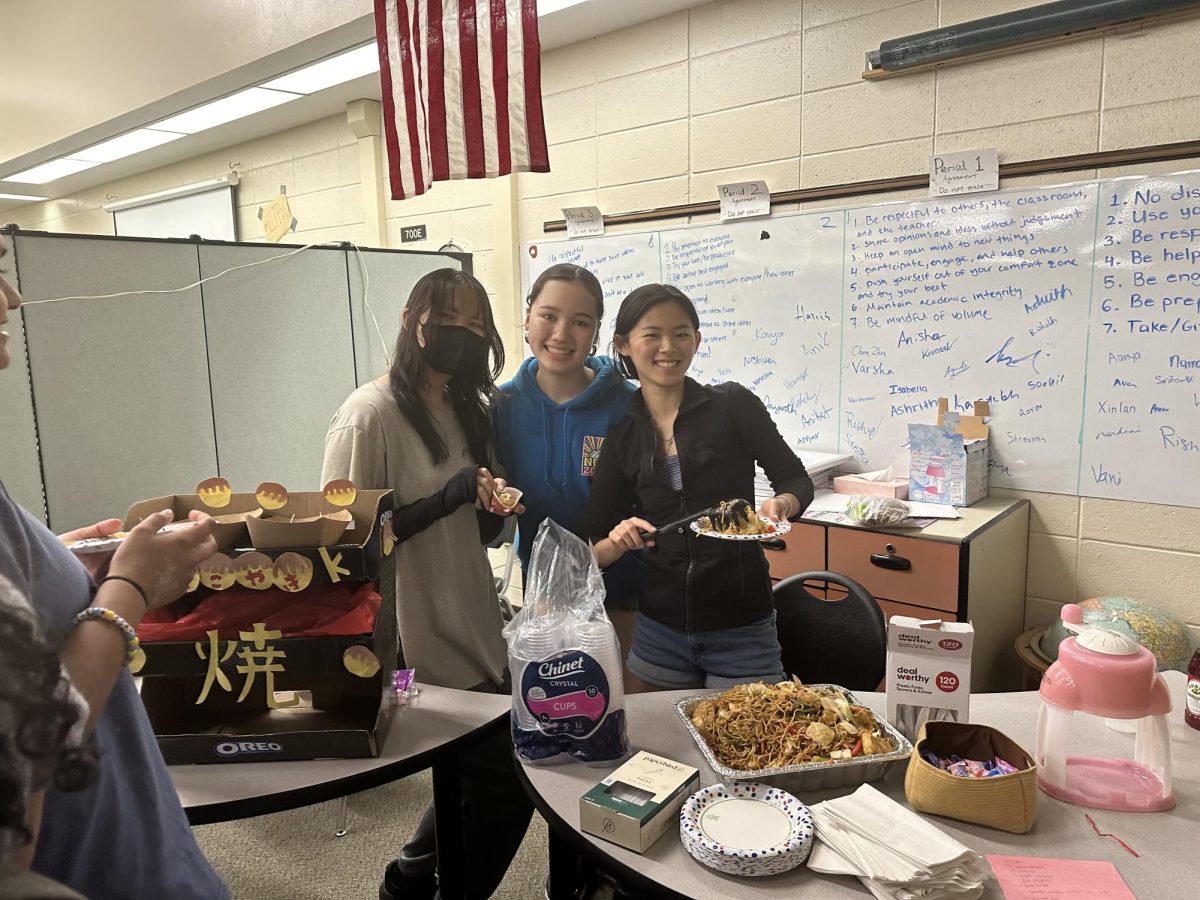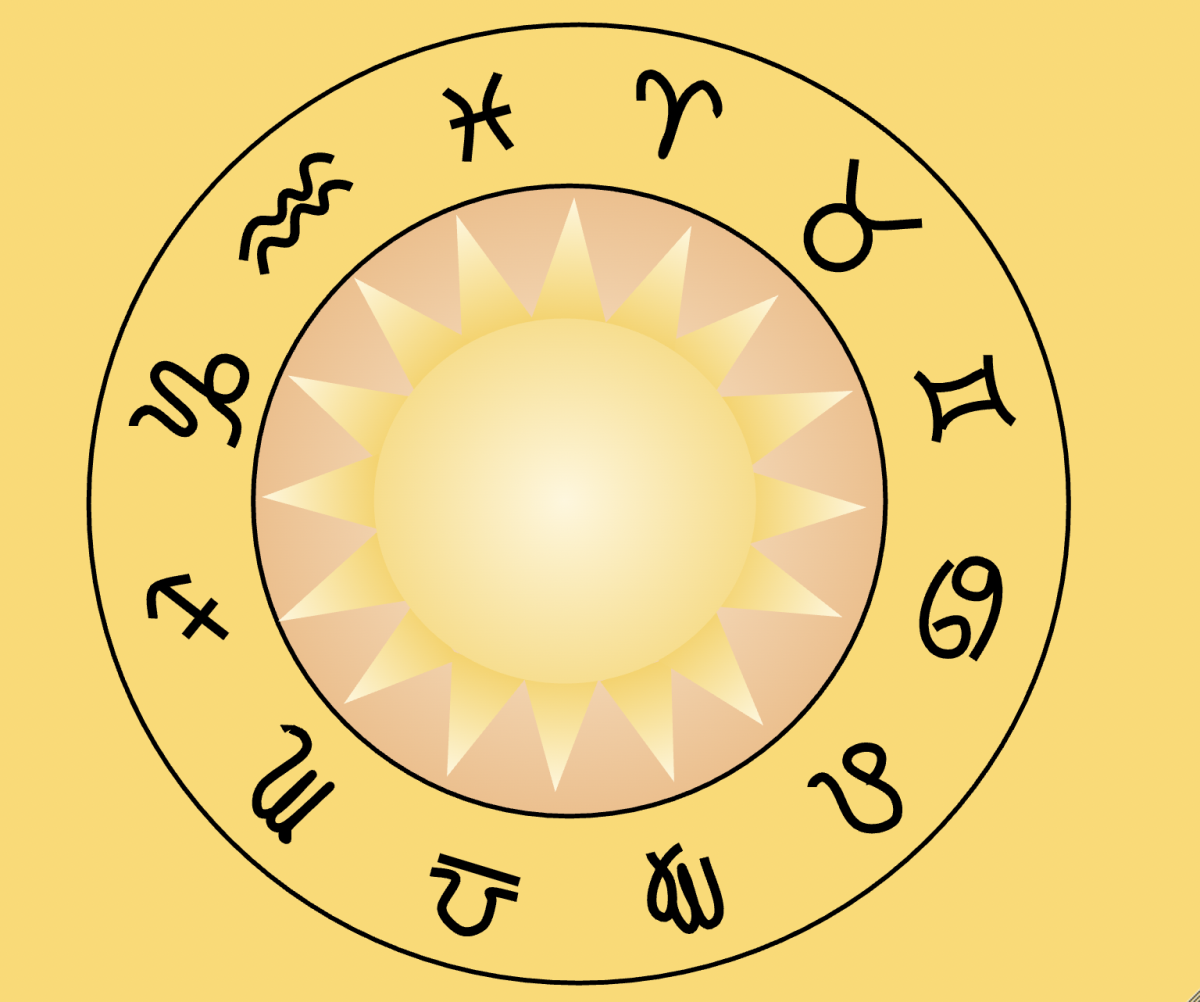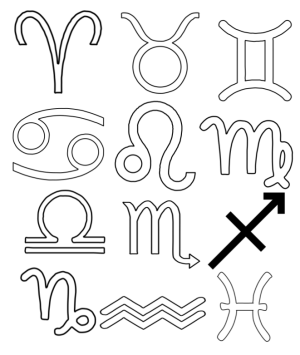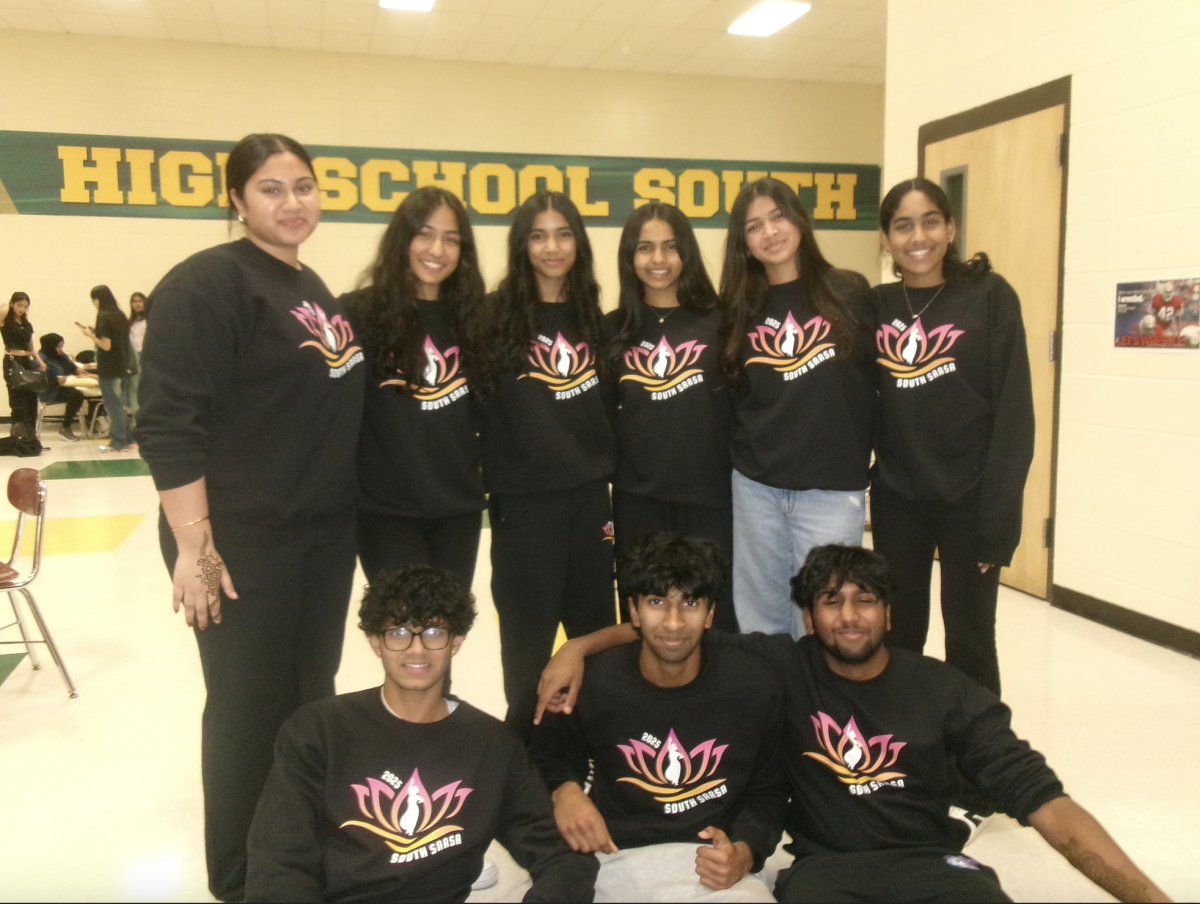The Jewish Culture Club (JCC) and the Muslim Student Association (MSA) are clubs created by and for students. Students join the JCC and MSA to meet those from a similar cultural background and to learn about their heritage. These clubs celebrate holidays, engage in activism, take part in charity, and discuss relevant issues that concern their community, including the rise in antisemitism and Islamophobia.
“I wanted a community which I could relate to,” said MSA member, Awad Bhatti (‘25), ”not just outside of school at a mosque, but inside of school. You don’t know if a student is Muslim or not, until they actually come to the club.”
Sometimes members’ faith is known to others. “I’m visibly Muslim,” said MSA president Samar Rahmani (‘24), indicating her hijab. ”So it’s nice to see other people who are Muslim wear a hijab. It’s really nice to have that kinship with them.”
The MSA is a faith-based organization. It is open to students of all religions who wish to learn about Islam.
The focus of the JCC is building understanding of the cultural side of Judaism. JCC co-founders Isla Levy (‘25) and Eliana Black (‘25) began the club in 2023 to bring to light the Jewish experience as an underrepresented group. “Our school is inclusive so we thought the JCC would just be a great addition to the clubs,” said Levy.
Club members and leaders explore their heritage. “I don’t really go to Hebrew school much so it’s another way to learn more,” said Black.
A few of the JCC’s members are not Jewish. “We have people that aren’t Jewish and come to our club to learn,” said Levy.
The question many students in the JCC are asking right now is how to understand the rise in antisemitism because of the war between Israel and Palestine, which started last October. Between Oct. 7 and Dec. 7, there were 337% more antisemetic incidents (2,031) in the U.S. than there were between the same dates in 2022, according to the Anti-Defamation League.
“We talked about the roots of antisemitism,” Levy said. Club members discussed the prevalence of antisemitism on college campuses and possible solutions.
Islamophobia also continues to rise as a result of the war in the Middle East. There were 172% more Islamophobic incidents (2,171) in the U.S. reported to the Council on American-Islamic Relations between Oct. 7 and Dec. 2 than in the same two month period in 2022.
At their meeting on Dec. 6, the MSA held a discussion about Islamophobia. Syed Arif (‘24), an MSA officer, asked the group questions about their personal experiences with Islamophobia, stereotypes they had seen on social media and on television, and freedom of speech. The mood in the room was thoughtful, as people shared stories.
Arif shared the first story, one from the news on Dec 6. “Just this past week three Muslim American students were shot and killed in Vermont on their way to dinner, and they were praying,” said Arif. “There’s also a boy who was killed. His name was Wadea Al-Fayoume. He was from Chicago, and he was only six years old.”
Another student spoke about his internalized bias: he had seen a set of two pictures circulating instagram of a Palestinian man holding his daughter and a white man holding his daughter, and had instantly felt in his gut that the white man was more sympathetic and trustworthy.
Both clubs discussed the recent war between Israel and Palestine. They took a respectful approach to discussing the war. “We give a brief overview of what’s happening. Anyone can come be part of our conversation,” said Black.
Group discussions are typical in each club. Levy said that during most JCC meetings they present a slideshow. “We usually center the meetings around holidays. We also discuss different topics or learn about different cultures of Judaism.”
Levy’s favorite JCC memory was the celebration of Sukkot last October. Sukkot is a holiday to remember when the Israelites lived in the desert for 40 years. It honors the fall harvest. “We did this craft with food where we made sukkahs, which is a little hut, out of pretzels and frosting, and everyone had fun,” she said. While in the desert, Israelites lived in sukkahs.
Izza Mudassir (‘25), an MSA officer, said her favorite part of MSA was celebrating events such as field days and girl’s nights. MSA has not yet organized a boy’s night. Rahmani said, “If the guys want to have their own night, [they] can do that, but obviously they have to organize it!”
Some MSA members’ favorite club activity is New Jersey’s Muslim Interscholastic Tournament, which provides the opportunity to meet other Muslims, win awards, and compete in different subjects, like baking and writing.
The MSA not only plans and attends events, they also work on creating a space in school to practice their faith. When the organization formed in 2019, the MSA secured the opportunity for students to pray during afternoon school hours throughout Ramadan.
The JCC wants to plan a supply drive to support vulnerable people in the war between Israel and Palestine, which would be their biggest project yet.
The MSA meets on Thursdays in room 701A, and the JCC meets every other Wednesday in room 701B.

